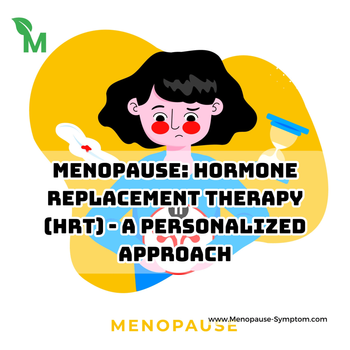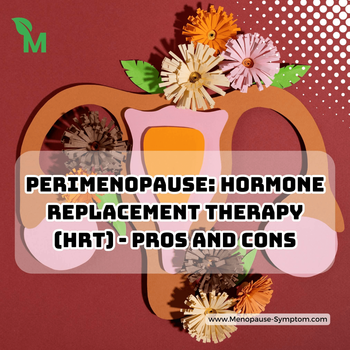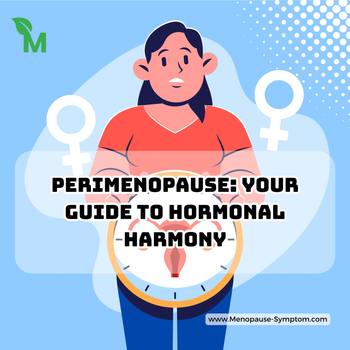This phase can last from a few months to a few years, and the first signs often begin with changes in the menstrual cycle. During this time, women may experience a variety of uncomfortable symptoms such as hot flashes, night sweats, and mood swings. Therefore, women should learn about perimenopause and its symptoms, and ways to deal with them.
One of the popular natural remedies for balancing hormones during perimenopause is evening primrose oil. Evening primrose oil contains gamma-linolenic acid (GLA), an omega-6 fatty acid that has been shown to help alleviate symptoms of perimenopause and menopause. Several studies have shown that evening primrose oil supplementation can help improve hot flashes and sleep problems, thereby providing more comfort and ease during this transition period.
What is evening primrose oil?
Evening primroses are native to North America but can also be found in Europe and the Southern Hemisphere. Evening primroses have yellow petals and bloom in the evening.
In the past, Native Americans used evening primroses for medicinal purposes. The leaves were used to treat minor wounds and sore throats, while the whole plant was used to treat bruises.
Modern medicine uses evening primrose seed extract in supplements to treat eczema and pre-menopausal symptoms. Evening primrose oil (EPO) is rich in fatty acids
The effects of evening primrose oil
One of the most notable benefits of evening primrose oil is its ability to support mental health. During perimenopause, a decrease in hormones can lead to changes in mood and emotions. Evening primrose oil, which contains GLA, has the ability to improve mood and reduce anxiety, helping to balance emotions for women during menopause. Regular use of evening primrose oil can reduce feelings of irritability and psychological instability, thereby facilitating a calmer and more positive mind.
In addition, evening primrose oil also helps in controlling other physical symptoms of perimenopause, such as headaches or aches and pains. Therefore, more than just a support product, evening primrose oil is considered an important part of the hormonal balance journey for women during perimenopause.
When it comes to finding solutions for perimenopause, many women may feel confused about which products are helpful and natural. Instead of opting for western medicine that can have unwanted side effects, evening primrose oil represents a safe and effective option. Its ability to support hormonal health naturally helps women feel more confident about themselves during this difficult time.
However, as with any natural product, it is important to consult a doctor or nutritionist before starting to use it. This helps ensure that the product is suitable for each individual's health condition and does not cause any unwanted problems. It is also important to note that evening primrose oil is just one of many options that can help in managing the symptoms of perimenopause.
Side Effects of Evening Primrose Oil
Short-term use of evening primrose oil has been shown to be completely safe. However, it should not be supplemented for long periods of time.
Evening primrose oil can cause some side effects such as:
· Stomach pain
· Headache
· Nausea
· Diarrhea
· Allergies
· Bleeding
· Seizures
Doctors recommend using this oil as a supplement and not combining it with other medications. When combined with other medications, it can cause bleeding, increase the risk of seizures and reduce the effectiveness of other medications.
Along with the use of evening primrose oil, women should also consider healthy lifestyle habits such as a balanced diet, regular exercise and maintaining a relaxed mind. These factors combined with evening primrose oil supplementation can have a positive impact on overall health during perimenopause and menopause.
In addition, some studies have also shown that evening primrose oil supplementation can help improve bone health, which is extremely important during menopause when the risk of bone-related diseases such as osteoporosis increases. Evening primrose oil not only focuses on balancing hormones but also supports the body in maintaining overall health.
Evening primrose oil has also been shown to have anti-inflammatory effects, helping to reduce inflammation in the body. This is important, because inflammation can exacerbate the symptoms of perimenopause and menopause. With its anti-inflammatory support, evening primrose oil can not only help control symptoms but also protect long-term health.
Ultimately, it is important for women to be aware of their own health and pay attention to how their bodies respond during perimenopause and menopause. Monitoring symptoms and adjusting diet, lifestyle, and using supplements like evening primrose oil can make a big difference in the quality of life.
Remember, life is about more than just symptoms, it is about experiences. Perimenopause and menopause can be challenging, but they can also be times of growth and new self-discovery. A holistic approach to health, including the use of evening primrose oil in conjunction with other measures, can help women feel stronger and more confident than ever during this time.
In short, no matter what stage of life you are in, always remember that hormonal health is the foundation for maintaining health and happiness. Perimenopause and menopause are not the end, but a valuable transition, a time for you to shine in your own way. A healthy body and a peaceful mind will help you overcome any challenges that life brings, including perimenopause and menopause. Discover and harness the power of nature, like evening primrose oil, so you can truly enjoy life in every moment.
Source: Team MPS compiled, analyzed and wrote. Please dont reup without source. Many thanks.

Menopause: Hormone Replacement Therapy (HRT) - A Personalized Approach
10.07.2024
Menopause is a natural stage in a woman's life that marks the end of her menstrual cycle and typically occurs between the ages of 45 and 55.

Perimenopause: Hormone Replacement Therapy (HRT) - Pros And Cons
10.07.2024
In every woman's life, perimenopause and menopause are inevitable. This is a period that marks physiological changes in the body, with many unpleasant symptoms such as hot flashes, insomnia, and mood swings.

Perimenopause: Your Guide To Hormonal Harmony
10.07.2024
Perimenopause is a natural stage in every woman's life, usually occurring between the ages of 30 to 50. This is the time when the body begins to change, with a decrease in the production of the hormones estrogen and progesterone.
